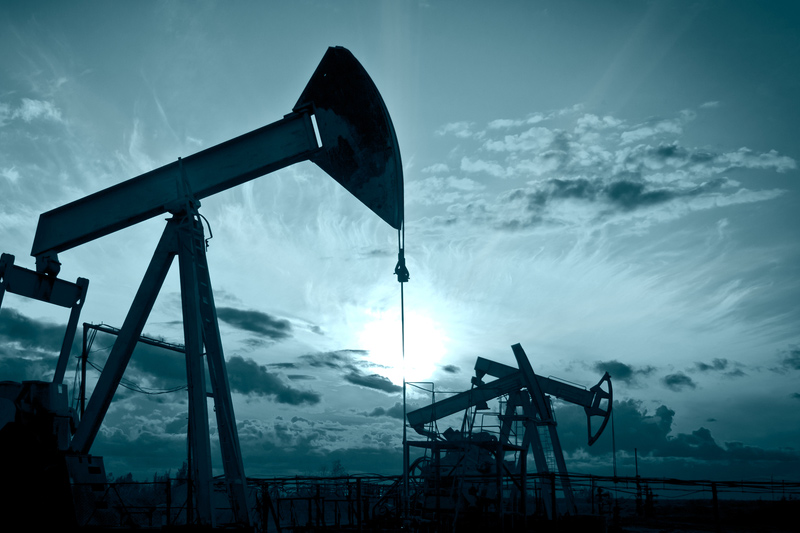By Sophie Song - Indonesia’s fuel subsidy is now reaching critical condition, exceeding the combined expenditures on health, education, defense and social protection, despite last year’s reform, and will likely get worse in the coming year.
Since 1967, Indonesia has been heavily subsidizing the retail prices of diesel, gasoline and kerosene fuel to protect the purchasing power of the poor. But the outdated subsidy has become astronomically expensive, now the third-highest fuel subsidy in the world, according to a study carried out by the Energy Institute at Haas.

In 2012, the subsidy cost the Indonesian government around $18 billion, or 2.2 percent of its gross domestic product (GDP), much higher than the budgeted $13.7 billion. In 2013, while oil prices stayed put, the rupiah depreciated significantly, and as a result, the subsidy is likely to have cost the government $25 billion, more than 25 percent above the budgeted $19.3 billion, a research note from Societe Generale on Thursday said.
What’s more, Indonesia has been a net oil importer since 2004, and is expected to import a record high of $63.5 billion in 2018, compared to $40.4 billion at present, which means it is still becoming costlier for the government to maintain the policy. The subsidy has already reached 20.9 percent of central government expenditure, from just 14.5 percent in 2006.
The Indonesian government hiked fuel prices last year, after overshooting the legal budget deficit of 3 percent, but the results were limited as with previous attempts.
“The reforms in 2005, 2008 and 2013 were more successful,” Societe Generale analysts wrote. “But insufficient to offset higher global oil prices and currency depreciation, and hence was not sufficient enough in taming demand.”
While analysts are generally upbeat about the wider economic conditions of the country for 2014, wider and more systematic reforms to the subsidy program to “contain its burgeoning oil subsidy burden,” Societe Generale added, with a focus on increasing investment in energy production to boost both oil exploration as well as refining capacities, creating a more sustainable energy consumption mix and most importantly, continuing to hike oil prices.
“Political compulsions have ensured that Indonesian policymakers have so far taken the easy way out by keeping fuel prices highly subsidized and only opting to raise prices when ballooning subsidies threaten to assume serious proportions,” Societe Generale analysts wrote. “We believe Indonesia may do well to replicate India’s policy of regular (monthly) and moderate hikes (less than a percent in prices of subsidized fuel to ensure a less painful process of adjustment.”
